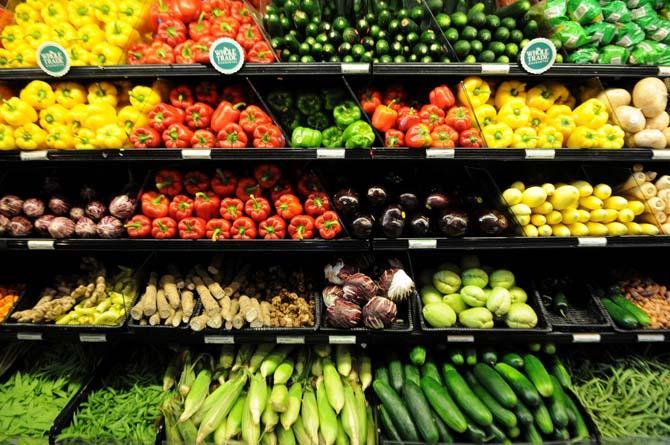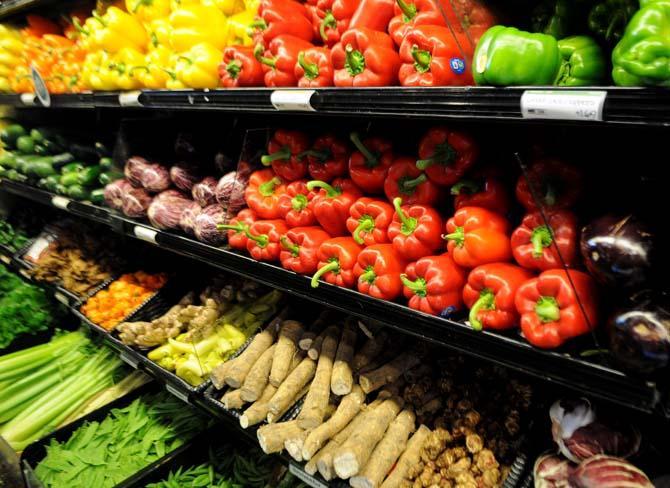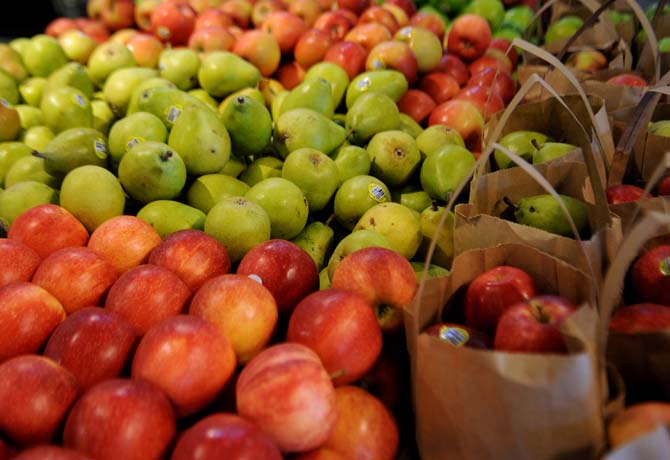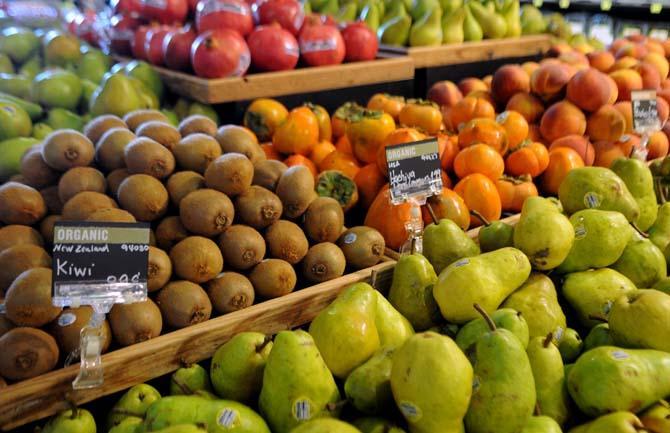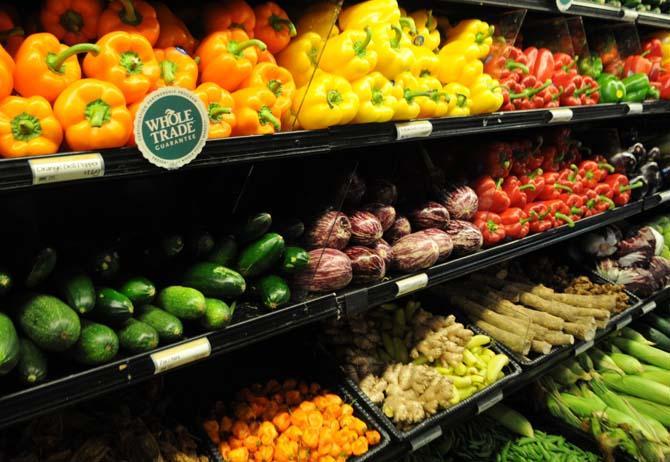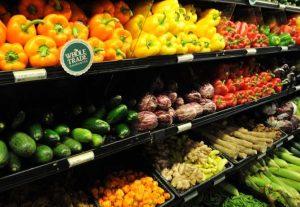The safety of America’s food has been guaranteed by the same federal regulations for nearly a century. That will change, however, once rules for enforcing the Food Safety Modernization Act (FSMA) are finalized.
FSMA, which was signed into law in January 2011, updates rules for record-keeping, mandates more frequent inspections of food facilities and introduces new measures to prevent food safety issues. It also grants the Food and Drug Administration new authorities for responding to such issues.
Meat science professor Ken McMillin said FSMA will be the first update to food safety regulations since 1938, when the Federal Food, Drug and Cosmetic Act replaced the landmark Pure Food and Drug Act of 1906. Those guidelines do not account for today’s global society, he said — food travels significantly more now than it did in the past, which means there are more opportunities for contamination.
McMillin said everyone wants safe food, but expecting someone else to make it safe is not realistic— processors and consumers both must take responsibility. However, FSMA will help safeguard consumers by changing two major aspects of food safety, he said.
First is placing more responsibility on food manufacturers to ensure the safety of products by requiring risk-based assessments, which involve advance preparation. Currently, some producers only conduct safety tests after foods are made, McMillin said, which lacks the preventative attitude FSMA rules strive to instill in the food
industry.
The second big change is the introduction of preventative measures that go all the way back to the farm. McMillin said processed produce, such as bagged salads, that people generally do not cook has become increasingly popular, so it is important to ensure those foods are grown in hygienic environments.
While McMillin believes FSMA is overall a positive step toward promoting increased accountability for and awareness of food safety issues, “there is a glitch,” he said.
“Those of us in the food industry and the academic setting have been waiting for a year and a half now for the rules to be finalized so that we can educate our processors so they can comply with the law,” McMillin said. “We know what the law is, we just don’t know what rules the processors will have to follow to comply with the law.”
McMillin said food safety specialists with the LSU AgCenter will be heavily involved in educating Louisiana’s food industry about FSMA. Farmers and food manufacturers will have to learn about what the new rules require for handling food in retail settings, sanitation procedures and safety tests. Producers also need to be trained in the current best practices for food safety.
Louisiana Agriculture and Forestry Commissioner Mike Strain said it is crucial that producers are informed about federal regulations. Education is especially important for small mom and pop farms and food companies, which FSMA will make subject to regulations previously applied mainly to larger operations, he said.
If producers are uninformed and fail to comply with FSMA, they will go out of business, Strain said, which will endanger domestic food production and cause the U.S. to import more food.
“We want to make sure that we’re on a level playing field and not put at a competitive disadvantage by any type of over-regulation,” he said.
Strain said questions still exist about what parts of FSMA state versus federal entities will enforce, which is important to find out because people will have to be trained to enforce these new rules.
It is important that the federal government opens a comment period once the final FSMA rules are written so people can make sure they are feasible for every crop, type of equipment, processing plant and farm, Strain said. Because agriculture is the largest industry in Louisiana and one of the largest in the United States, “it’s imperative that we get this right,” he said.
“We feed not only the state and the nation, but we feed a great deal of the world and it’s important that we maintain a viable ag system that is globally competitive,” Strain said.
The bill was signed into law by President Barack Obama in January 2011. A comment period on some rules related to preventative measures will be open until Nov. 15, but the date of full implementation is still unknown.
“We know what the law is, we just don’t know what rules the processors will have to follow to comply with the law.”
Food Rules: Federal food safety rules to be updated
October 29, 2013
Fresh produce from Whole Foods.



